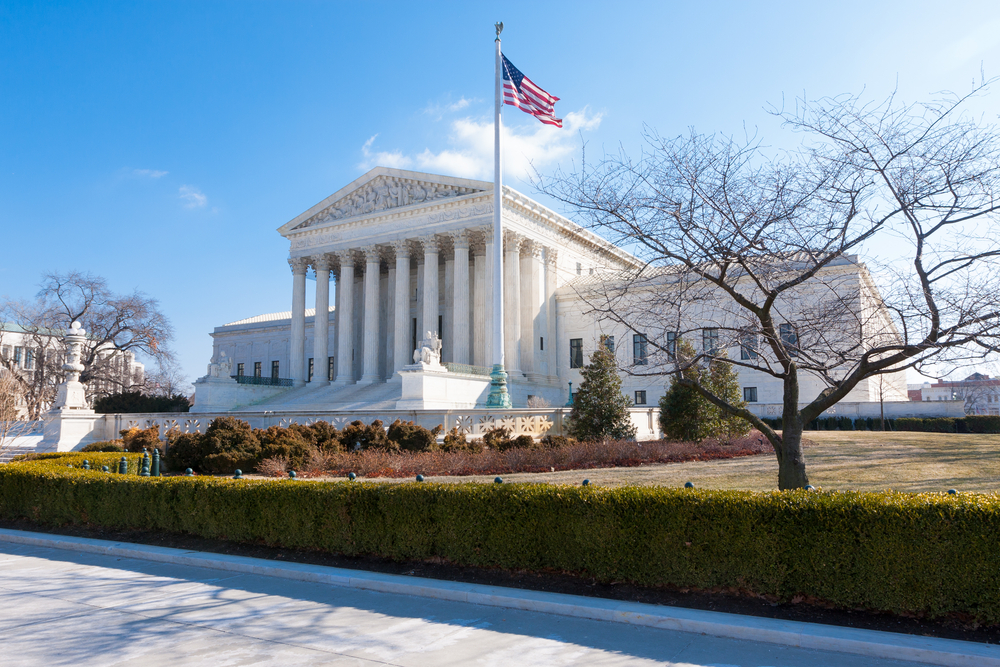Supreme Court Allows Honolulu’s Lawsuit Against Oil and Gas Industry to Proceed.
The U.S. Supreme Court rejected a request from Sunoco (SUN.N) and other oil companies to block a lawsuit filed by Honolulu, accusing them of misleading the public for decades about the climate change risks linked to fossil fuel consumption.

The U.S. Supreme Court's decision to allow Honolulu's lawsuit against oil giants like Shell, Chevron, and BP to proceed marks a crucial step in holding the industry accountable for climate change damages.
Ben Sullivan, Honolulu’s Chief Resilience Officer, expressed the importance of the ruling, stating, “This is a pivotal decision that will safeguard taxpayers and communities from the substantial costs and repercussions of the climate crisis resulting from the defendants’ actions.”
The lawsuit, part of a growing number of legal actions against the oil and gas sector, seeks billions of dollars in damages for climate change impacts such as wildfires, rising sea levels, and extreme weather events.
The oil and gas companies had taken their case to the Supreme Court after Hawaii’s top court allowed the lawsuit to move forward. They argued that the issue of emissions and climate change should be handled in federal court, citing national concerns over fossil fuel impact. "The stakes in this case could not be higher," the companies' attorneys wrote, adding that the lawsuits “present a serious threat to one of the nation’s most vital industries."
Environmental advocacy groups see the ruling as a win, noting that it represents the growing legal momentum against the fossil fuel industry for its role in climate change. Other states, including California, Colorado, and New Jersey, have also filed lawsuits seeking damages for climate-related issues.
The Biden administration supported the decision to keep the case in state court, advocating for the opportunity to pursue climate change accountability at the local level while recognizing the potential for future victories for the oil industry. However, the future of environmental regulation may shift with a new administration, as a potential Trump administration is expected to take a different stance on energy production and environmental oversight.
As the lawsuits continue to make their way through the legal system, environmental and legal experts alike are watching closely. Sullivan's statement underscores the importance of this ruling as a step toward justice for communities impacted by climate change, saying, "This decision holds the potential to reshape how the oil and gas sector addresses its role in the climate crisis."
Justice Samuel Alito recused himself from the appeal, though his recent financial disclosure showed stock holdings in companies tied to the lawsuits, raising questions about potential conflicts of interest. This marks an ongoing chapter in the legal battles over climate change responsibility, with significant implications for both the fossil fuel industry and future environmental regulations.





















